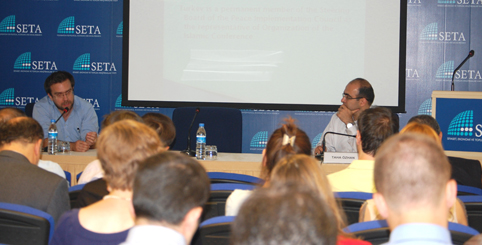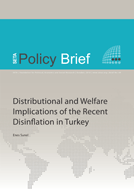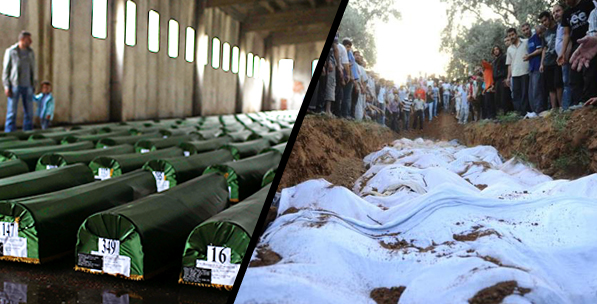SETA PUBLIC LECTURE By Ulaş Doğa Eralp, Visiting Assistant Professor of Conflict Resolution, Sabancı University Date: July 8, 2010 Thursday Time: 16.00 – 18.00 Venue: SETA Foundation, Ankara
Fifteen years after the imposed peace agreement in Dayton, Ohio Bosnia remains divided more than ever. After being reconstructed under the economic and political guidance of the international community, Bosnia now aspires to be a member of the European Union family. But it is a very dangerous love affair for the barely recovering Bosnia since the very reforms intended to bring democracy led to further divisions among the ethnic groups. Lack of a determined EU policy has made Turkish Foreign Minister Davutoglu’s efforts very critical for the stability and positive peace in Bosnia. Turkey with its renewed enthusiasm in the Western Balkans can help mitigate and transform the differences between the parties in Bosnia ahead of the tense General Elections in October 2010. Turkey has much to gain as it strives to become a prominent and accountable actor not only regionally but also internationally through its efforts in Bosnia Herzegovina and in the Western Balkans.
Ulas Doga Eralp discussed past and present trajectories of Turkey's engagement in the Balkans and direction of Turkish foreign policy as regards Bosnia Herzegovina at SETA.
Download Doga Eralp's presentation
Ulas Doga Eralp is a Visiting Assistant Professor of Conflict Resolution at Sabancı University. Eralp received his doctorate degree from the Institute for Conflict Analysis and Resolution (ICAR) at George Mason University with his doctoral study titled “The Effectiveness of the European Union as an Actor of Peace in Post-Conflict Bosnia Herzegovina: An Evaluative Study” that is to be published by Lexington Books in 2010. Eralp is the recipient of International Peace Research Association Dissertation Grant. His publications also include “Legitimation Problematique in International Conflict Intervention”, Bilgi University Press, 2009;“The Police Reform in BiH: The Way to Move Forward into the EU”, ICFAI University Press, 2009; “The European Effect and Diffusion of the Human Rights Norms in Turkey: Redefinition of National Sovereignty”, Social Justice: Anthropology, Peace and Human Rights,2006; “Assessing Conflict Resolution Potential of the EU: The Cyprus Conflict and Accession Negotiations”, Security Dialogue, 2005.
***
SETA olarak 08.07.2010 tarihinde düzenlemiş olduğumuz “Turkey and Bosnia Herzegovina: A Window into the Future” başlıklı panele Taha Özhan (SETA Genel Koordinatörü) oturum başkanlığı yapmış, Doğa Ulaş Eralp (Sabancı Üniversitesi) konuşmacı olarak katılmıştır.
Eralp, Türkiye ile Bosna-Hersek arasındaki ikili ilişkilerin son dönemde önemli ölçüde gelişmesini Türkiye’nin genel anlamda dış politikasındaki özel olarak da Balkanlardaki etkinliğinin artmasıyla ilişkilendirdi. En başından itibaren Türkiye’nin Bosna-Hersek’in NATO ve AB üyeliğini desteklediğini anlatan Eralp, bu ülkenin yeniden yapılandırılmasında Türkiye’nin başta Dışişleri Bakanlığı ve TİKA olmak üzere tüm kanallardan çalıştığını ifade etti. İkili ekonomik ilişkilerin hala istenilen düzeyde olmadığını söyleyen Eralp’e göre Türkiye’nin Bosna-Hersek’te ekonomik anlamda yapabileceği hala çok iş var.
Türkiye’nin sadece Bosna-Hersek’le değil Hırvatistan, Sırbistan ve diğer Balkan ülkeleriyle de kurduğu ilişkilerin somut meyvelerini son dönemde vermeye başladığını anlatan Ulaş Eralp, Sırbistan’ın Srebrenitsa katliamı için Bosna-Hersek’ten özür dilemesinin önemli bir adım olduğunun altını çizdi. T&u








